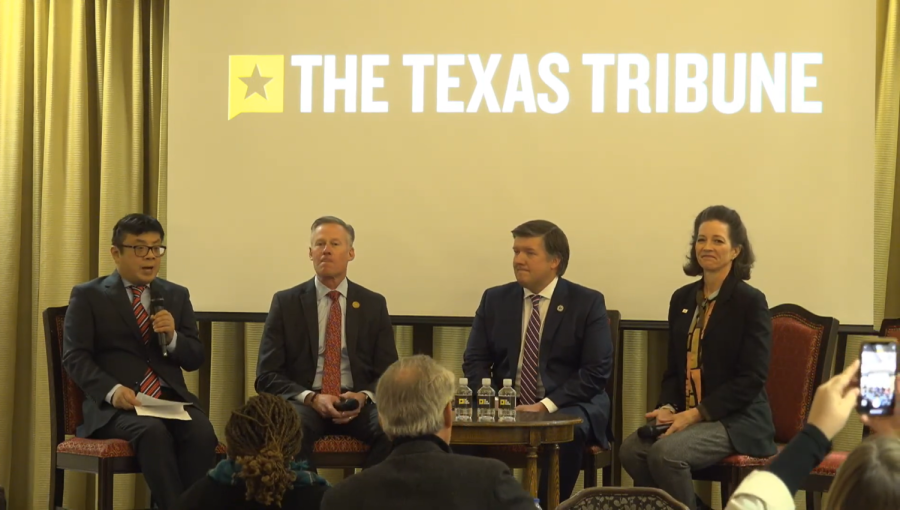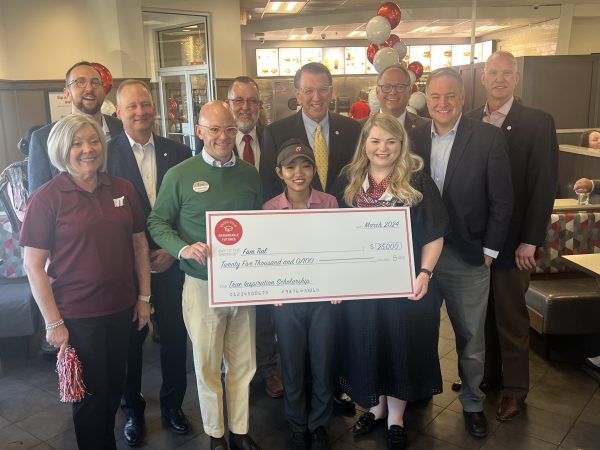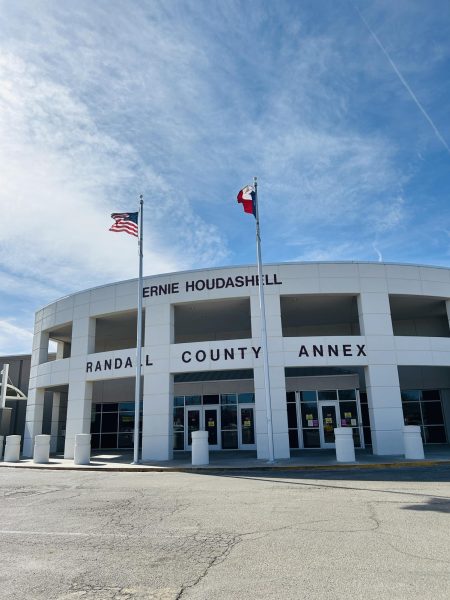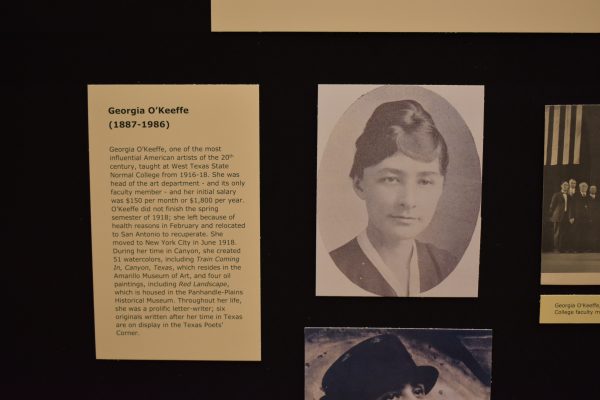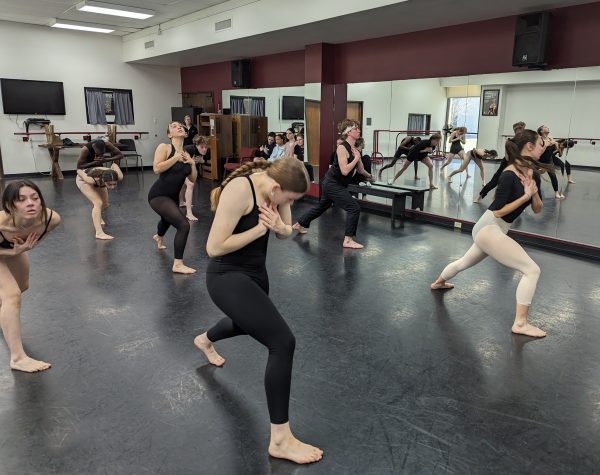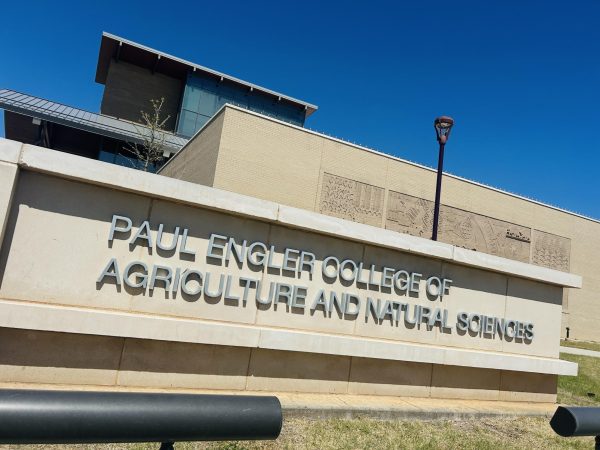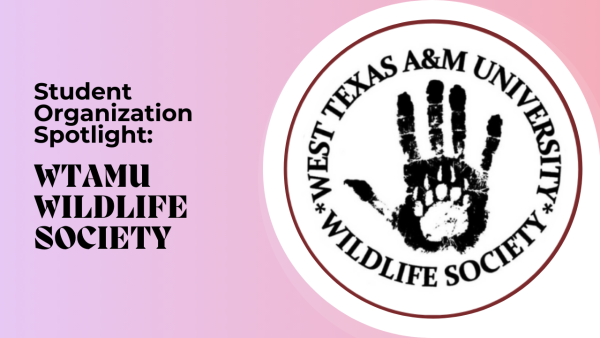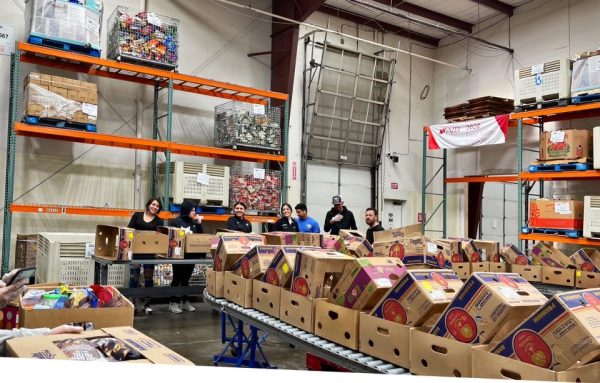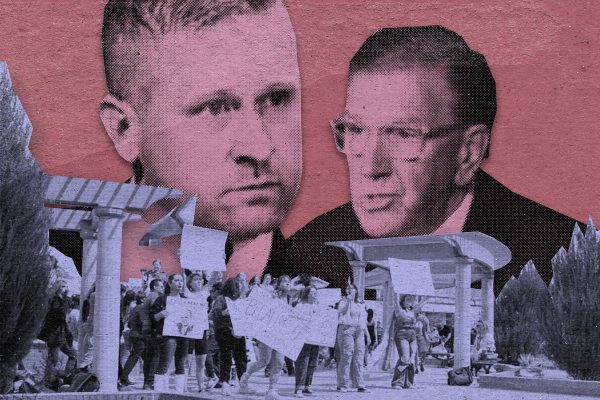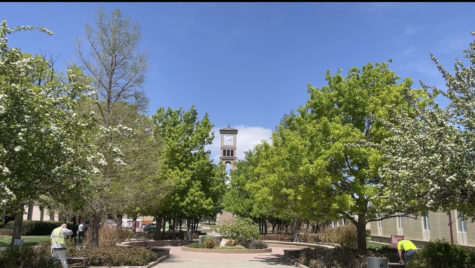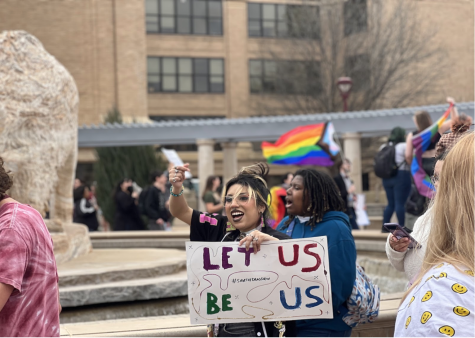Amarillo Mayor talks about the future of rural Texas
Local leaders from rural Texas sit down with the Texas Tribune on the campus of Texas Tech University for a discussion about the future of rural Texas. (From right to left, Amarillo mayor Ginger Nelson; Lufkin mayor Mark Hicks; City Councilman from Lubbock, TX, Steve Massengale and editor-in-chief of the Texas Tribune, Sewell Chan.)
On Friday, Nov. 18, 2022, Steve Massengale, City Councilman from Lubbock, TX; Ginger Nelson, mayor of Amarillo, TX and Mark Hicks, mayor of Lufkin, TX, sat down with the editor-in-chief of the Texas Tribune, Sewell Chan, in Lubbock to discuss the challenges and opportunities presented in rural TX.
The three local leaders talk about several critical issues to rural TX, such as housing, city improvements, problems with the legislature, the recent creation of the two vet schools in the Amarillo area, statewide broadband, and other local issues the government is tasked to address.
“Our superpower is that we think regionally,” said Mayor Nelson. “We’re partners and think as a region, so we began formulating how to respond to COVID-19. We knew that was going to involve not just the people inside the city limits of Amarillo but definitely the people in the top 26 Texas counties, but also people from a five-state region.”
Throughout the discussion, Mayor Nelson kept addressing the advantages of having a prosperous city, despite voted down city bonds and challenges with citizen disinformation. The city of Amarillo had a nine percent inflation rate. Yet, there is immense growth in the community, specifically in Amarillo.
“What a win for rural Texas,” said Mayor Nelson. “They now have two options to (attend veterinary school) in the state of Texas and pay in-state tuition. We’re thrilled secondly for the industry because we have such a need with so many veterinarians retiring and rolling out of their careers, we need to replace them, and we need to replace them with kids who want to go back to living on rural farms in the state of Texas.”
Currently, the Texas Tech University School of Veterinary Medicine and West Texas A&M University’s Veterinary Education, Research & Outreach, located on the north-east side of campus, are training students in rural texas to become active community members that are trained in Veterinary Medicine. As with other problems in the country’s rural areas, there is a brain drain. The city’s partnership with WT and Texas Tech is helping revitalize the state’s neglected regions.
“You’ve heard us talk about infrastructure, one of the reasons why most cities are behind in infrastructure; I know Amarillo is behind because the price tags that go along with those infrastructure projects are big,” Nelson said. “There are a lot of zeros to them. It’s very difficult to get taxpayers again to vote against their wallets to support those infrastructure projects. So when you put restrictions on cities being able to move and do infrastructure projects, you put restrictions on cities being able to move their budgets to keep up with inflation, cities are just going to get further and further behind.”
Road construction is not uncommon in Amarillo, yet Mayor Nelson and the other leaders in attendance talk about the problems with infrastructure getting built despite the voters in the city voting down tax increases. The citizens voting down the tax increases are hurting the city’s future and the current state of improvements. The most recent tax increment went to improvements to Amarillo’s civic center and neglected school buildings in the town.
“We’re in a really challenging time, and it’s not just local politics, it’s certainly not just rural politics, but it’s our nation as a whole is really in a season of struggling to trust government,” Nelson said. “We have a middle school that is so old, and it’s foundationally not going to be safe to occupy. In the next few years, if we don’t repair it, we’ll have to close that school down.”
Suppose you are interested in learning more about Nelson and other local leaders’ discussions. In that case, you can visit the Texas Tribune site to learn more.

Hello, my name is Marcus Rogers. I am from Greenville, Texas and I'm studying agricultural media and communication with a minor in political science. I'm...



